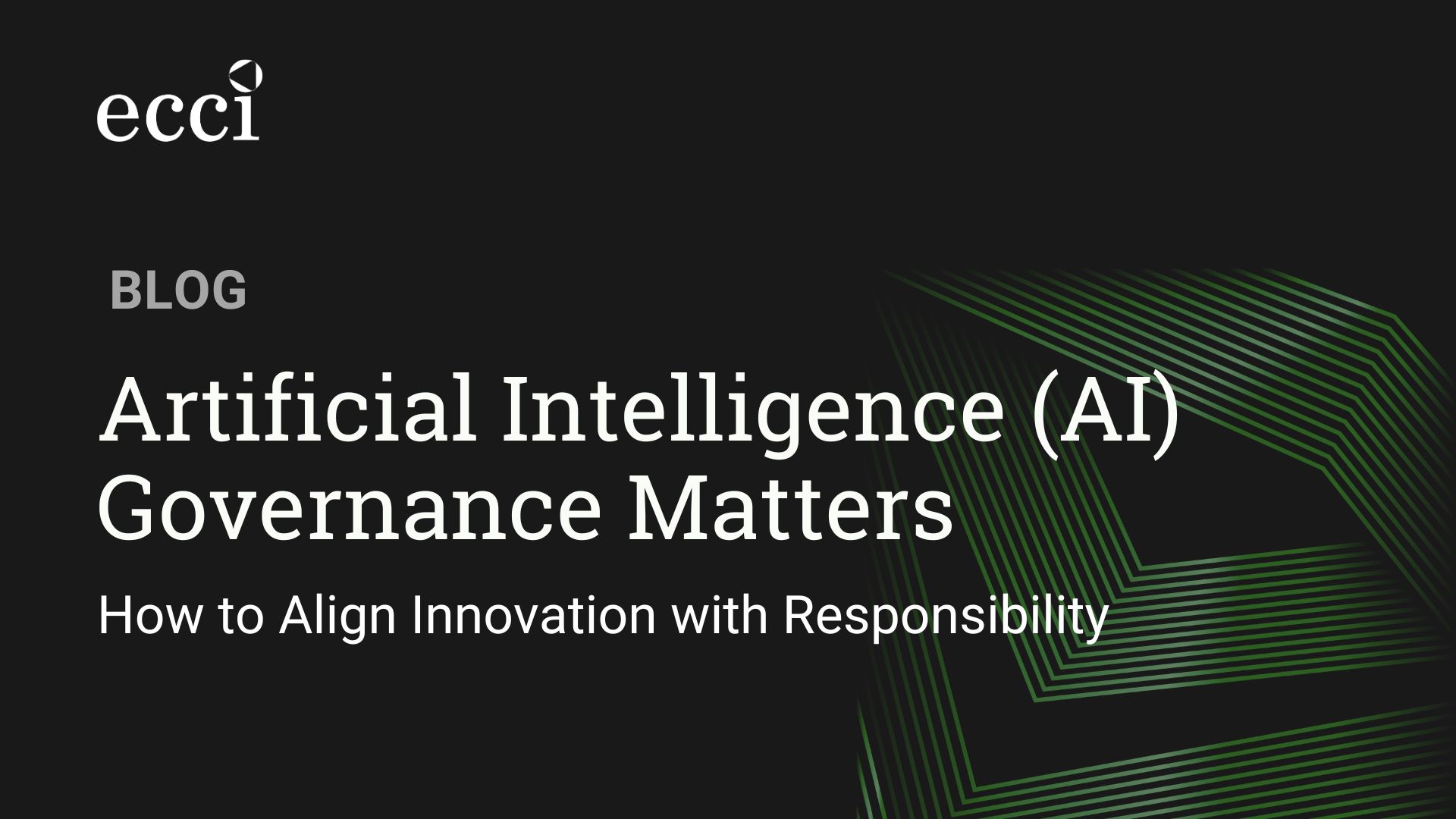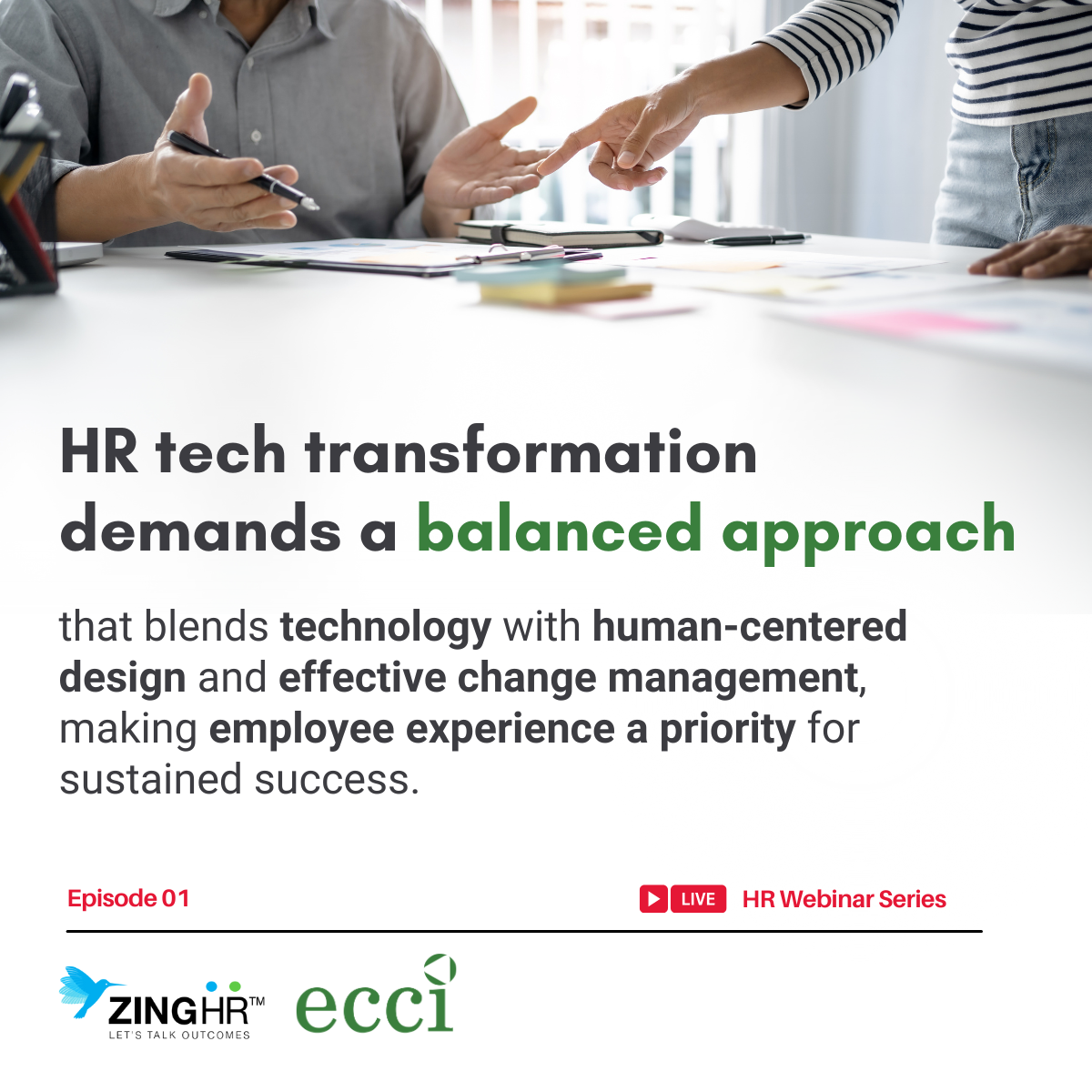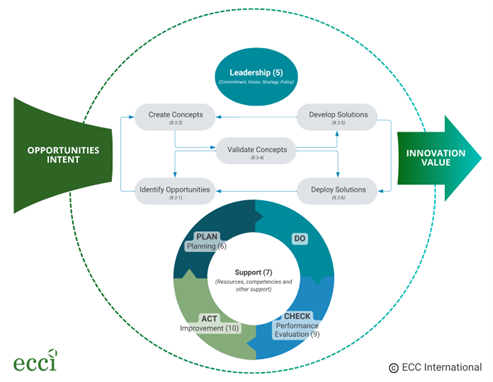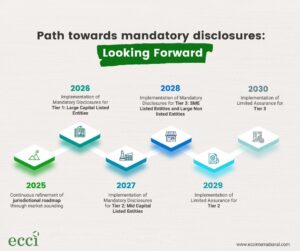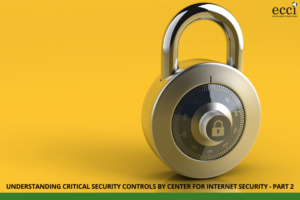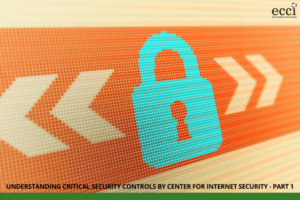The accelerating physical impacts of climate change are a global experience. The worsening natural conditions like dangerous heat waves and flooding necessitate rapid corporate sector regulations.
In the Philippines, the case is no different. Stakeholders and investors are becoming more aware of sustainability reporting and climate disclosure standards and are demanding accountability from their companies. Philippine regulatory institutions are also pushing hard for increased transparency through reporting.
The following article will discuss some of the sustainability reporting and climate disclosure standards in the Philippines while also touching on organizations championing sustainable business practices in the Philippines.
Sustainability Reporting and Climate Disclosure Standards
Instituting sustainability reporting and climate disclosure requirements is the most optimal approach to make businesses confront the impacts of climate change they are at times responsible for. Below are some of these standards adopted in the Philippine economy.
The Global Reporting Initiative (GRI) Sustainability Reporting Standards
The GRI standards are multi-sectoral sustainability reporting standards for companies. The modular system of interconnected standards is easy for any organization, public or private, large or small, and from any sector.
The GRI standards offer three series of measures; the GRI Universal Standards, the GRI Sector Standards and the GRI Topic Standards.
The GRI Universal Standards consist of GRI 1 to clarify and explain critical concepts on using the standards, GRI 2 for general disclosures on an organization’s structure and reporting practices, and GRI 3 for material topics and their management.
The GRI Sector standards then help set specific standards for organizations mainly operating in high-impact sectors, e.g., agriculture, oil, and gas. Finally, we have the GRI Topic Standards for reporting on specific topics, like tax, waste, and occupational health.

Source: GlobalReporting
Organizations should identify and assess impacts and determine material topics before choosing one of the above reporting modes.
International Integrated Reporting Council (IIRC) Integrated Reporting Framework
The IIRC is a global coalition of standard setters, investors, regulators, companies, academia, the accounting profession, and NGOs. The IIRC aims to speed up the adoption of a global method of reporting on sustainability disclosures through its integrated reporting framework.
The IIRC’s integrated reporting framework focuses on disclosing material matters, capitals, and time frames for the short, medium, and long term.
The content elements in an integrated report include:
- Organizational overview and external environment
- Governance
- Business model
- Risks and opportunities
- Strategy and resource allocation
- Performance
- Outlook
- Basis of preparation and presentation
Since sustainability reports depend on individual circumstances, the content elements can have links to each other but are not mutually exclusive. The order of their listing is not also rigid. Organizations could sequence them differently depending on the circumstances.
The framework helps improve the information stakeholders require on resources and relationships. It also promotes stewardship and understanding among various economies.
Sustainability Reporting and Climate Disclosure Regulators
The Philippines lies in the world’s most cyclone-prone region. As a result, the country cannot risk severe operational disruption by entertaining unsustainable business practices. Below are some of such regulators:
The Task Force on Climate-Related Financial Disclosures (TCFD)
The TCFD is responsible for the policy and framework formulation on climate-change-related financial information. To not disrupt the financial sector, the TCFD supports reporting of financial information in the following areas:
- Governance
- Strategy
- Risk management
- Metrics and targets.
On governance, the TCFD requires institutions to report on the management’s oversight of climate-related risks. Regarding strategy, institutions should mention the possible impacts of the prevailing climate-related risks.
Regarding risk management, institutions must report how they identify, assess, and manage climate-related risks. Finally, institutions should measure the identified risks and opportunities on metrics and targets.
The Bangko Sentral ng Pilipinas
As early as the 2000s, banks globally were incorporating ESG practices in their operations. Recently, the rapidly deteriorating weather conditions have caused Philippine lenders and regulators to step in as sustainability stewards.
In April 2020, the Bangko Sentral ng Pilipinas released a circular on sustainable finance framework. The finance framework encouraged banks to embed green and sustainable principles in operations. The Bangko Sentral ng Pilipinas gave banks a 3-year period to adopt the framework.
According to the Bangko Sentral ng Pilipinas’ guidelines, when submitting their annual reports, banks will have to report on their:
- Sustainability strategies and risk appetite
- Environmental and Social Risk management system and risk exposures
- Sustainable products or services
- And other initiatives promoting sustainability practices
Less than a year later, the Bangko Sentral ng Pilipinas revealed plans to issue the second phase of its sustainable finance regulation.
“We are set to release the second issuance on the Sustainable Finance Framework, which aims to provide granular expectations in managing environmental and social risks in relation to credit and operational risk areas,” the Bangko Sentral ng Pilipinas Governor Benjamin E. Diokno said.
In support of the central bank’s efforts, some of the banks, in 2020, phased out funding for newer coal power projects.
Securities and Exchange Commission
On 15 February 2019, the Philippines’ SEC, through a memorandum circular, released its sustainability reporting guidelines for publicly listed companies. Under the memorandum circular, the PLCs were to submit their annual and sustainability reports.
As per the circular, the companies were to make economic, social, and environmental disclosures. A disclosure on the UN SDGs was pertinent too.
According to the SEC. reporting template, companies were to report climate-related risks and opportunities their businesses pose. A few of the expected climate-related disclosures by the SEC. include:
- The organization’s governance around climate-related risks and opportunities
- The actual and potential impacts of climate-related risks and opportunities on the organization’s businesses, strategy, and financial planning
- The metrics and targets assess and manage relevant climate-related risks and opportunities.
Overlap of Standards
Table 1: Some ESG reporting Initiatives and Applications
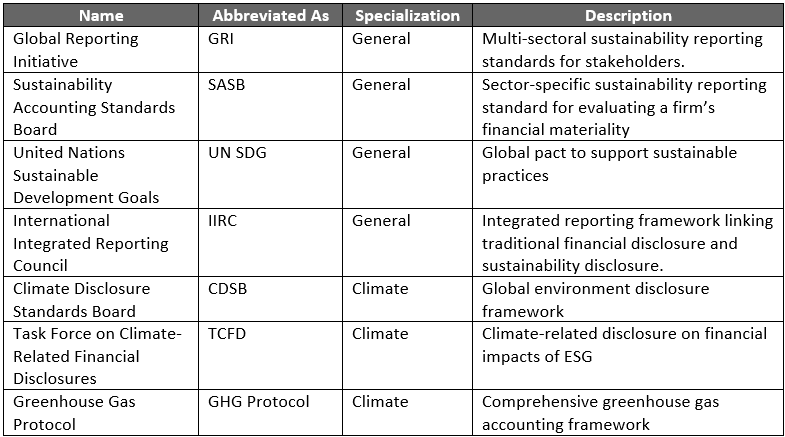
Contrary to what some may think, an overlap of sustainability and climate disclosure standards is good. Why? Based on the nature of the business, ESG rules may apply differently in different jurisdictions. Each economy also faces unique challenges and benefits necessitating different rules for different scenarios.
The difference and overlap in standards should be no cause for alarm. The dizzying alphabet soup only requires harmonization, which has been ongoing for some time.
Industry leaders like GRI and SASB have been cooperating to harmonize their reporting frameworks to ensure effective communication among organizations. The IIRC and the SASB also recently merged to develop an integrated reporting framework.
Harmonization is yet to spread for climate-related disclosures, but consultations are currently underway. Harmonized climate-oriented disclosures will help provide a deeper insight into an organization’s strategy in combating climate change.
Visit our website for more on sustainability reporting and climate disclosures.


